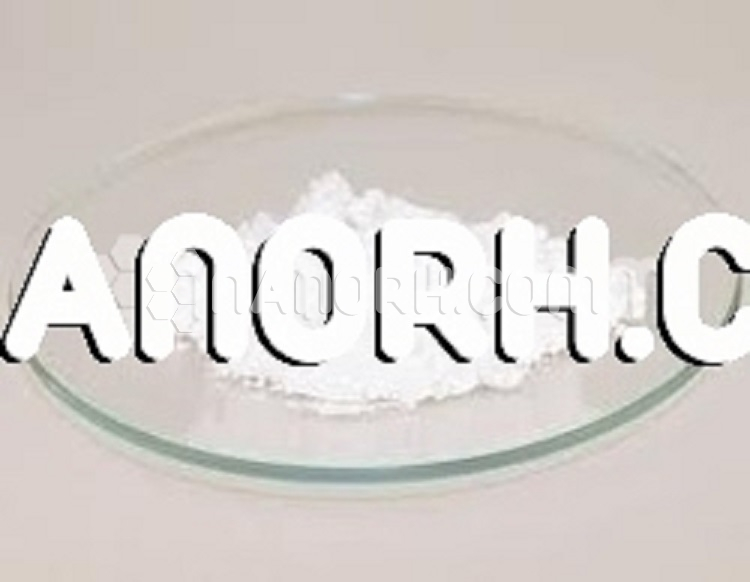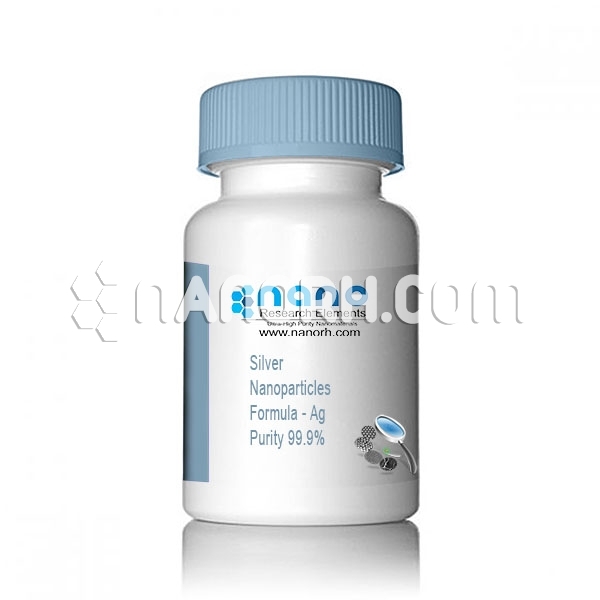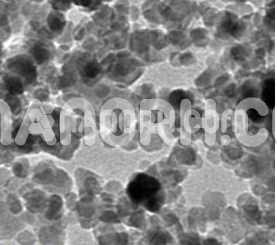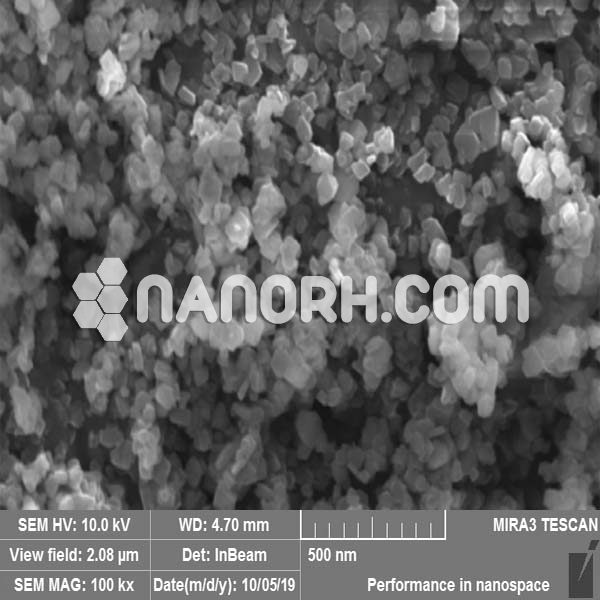| Zinc Titanate Nanoparticles | |
| Product No | NRE-5268 |
| CAS No. | 12036-43-0 |
| Formula | ZnTiO3 |
| APS | <100nm (Can be Customized) |
| Purity | 99.9% |
| Color | off-white |
| Molecular Weight | 161.24g/mol |
| Density | 5.74g/cm³ |
| Melting Point | NA |
| Boiling Point | NA |
Zinc Titanate Nanoparticles
Applications
Catalysis:
Catalytic Reactions: Zinc titanate nanoparticles are widely used as catalysts or catalyst supports in chemical reactions such as the oxidation of organic compounds, hydrogenation, and the synthesis of fine chemicals. Their high surface area and ability to stabilize catalytic sites enhance reaction rates and efficiency.
Environmental Catalysis: Zn₂TiO₄ nanoparticles are used in environmental catalysis, particularly for the degradation of harmful pollutants. They can help break down volatile organic compounds (VOCs) and other toxins in air or water, making them suitable for air purification and water treatment.
Energy Storage and Conversion:
Lithium-Ion Batteries: Zinc titanate nanoparticles are being explored as anode materials in lithium-ion batteries due to their ability to enhance charge and discharge rates and improve energy density. Their high surface area and stable chemical properties make them effective for long-term cycling performance.
Supercapacitors: Zn₂TiO₄ nanoparticles are also being studied for use in supercapacitors. Their high surface area and excellent conductivity make them ideal for energy storage devices that require quick charge/discharge cycles, such as those used in electric vehicles and renewable energy systems.
Photovoltaic Cells: The semiconducting properties of Zn₂TiO₄ nanoparticles make them a promising candidate for use in thin-film solar cells. They can improve the efficiency of solar energy conversion by enhancing light absorption and charge transport.
Environmental Remediation:
Photocatalytic Water Treatment: Zn₂TiO₄ nanoparticles have excellent photocatalytic properties when exposed to UV light. They can degrade organic contaminants, bacteria, and viruses in wastewater, making them useful in water purification systems.
Air Purification: Due to their photocatalytic activity, Zn₂TiO₄ nanoparticles can also be used to degrade airborne pollutants such as VOCs, nitrogen oxides (NOₓ), and sulfur compounds, improving air quality in industrial and urban environments.




